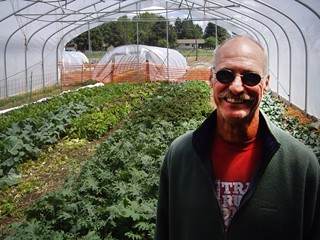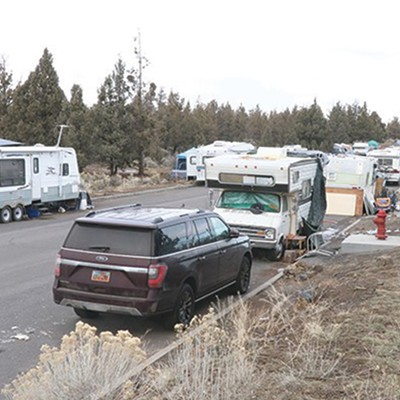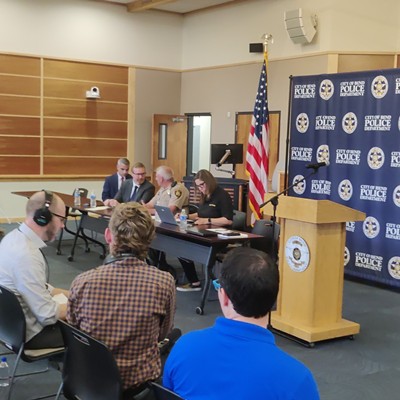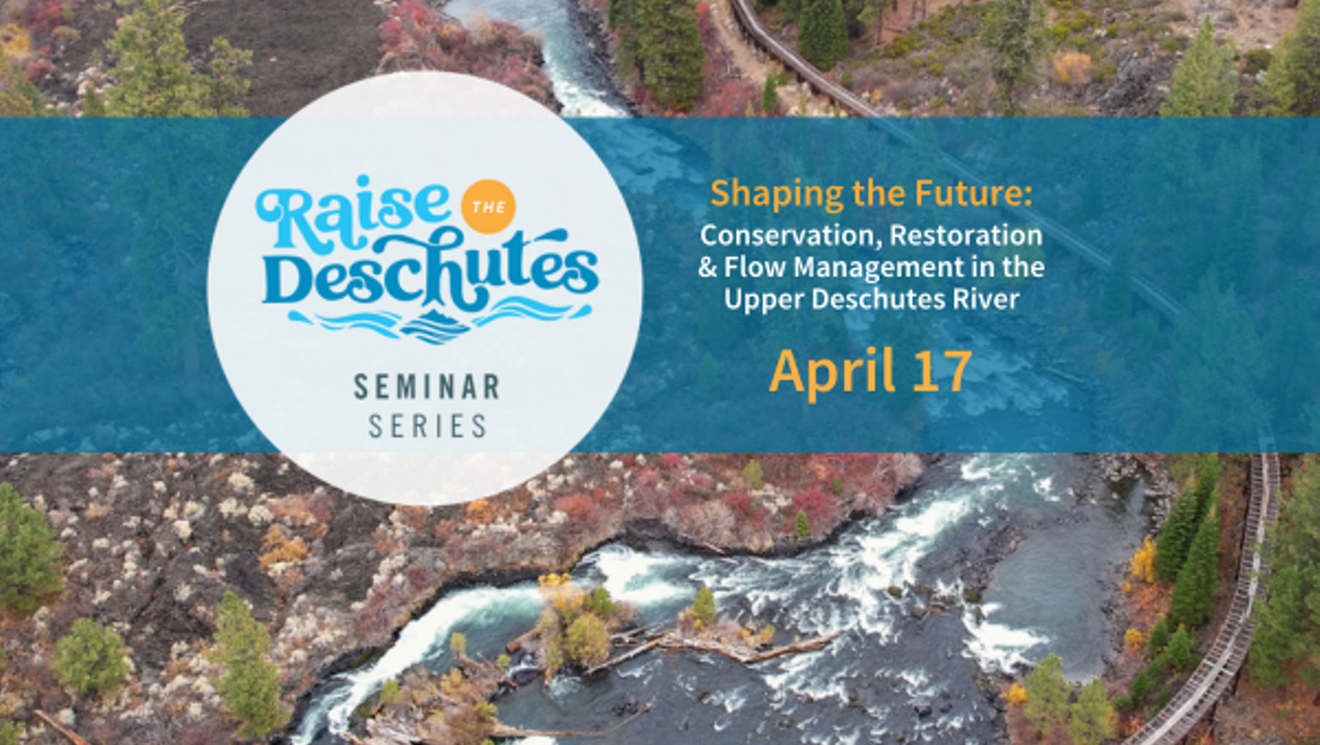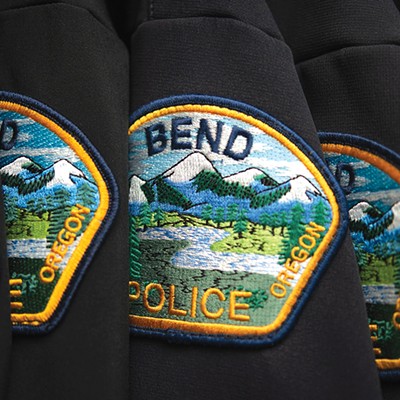Jim Fields, owner of Fields Farm, located on the east side of Bend, has seen the neighborhood surrounding his approximate 10 acres transform from a rural landscape into urban living space. The earthy island of greenery and compost piles is now bordered by houses that have overtaken what were once fields and orchards. Just across the street, there was once a small apple orchard that was razed to make room for more houses. Back in the 1940s, the farm had been a goat dairy, and the goats had enough open land on which to graze "from here to the railroad tracks," Fields says.
He was 25 when he left his native Oklahoma City and headed west, ending up in Bend in 1985. Along the way, he met a girl, now his wife, Debbie.
"We had this little westside cottage with a garden in the backyard, and a worm box and compost pile. But we really weren't for the city. We started looking around for a country property to build a house on," Fields says. "We looked for 18 months before we found this place, and this ended up being the best place that we could ever hope to find."
It included a house, built in 1929, where he and wife Debbie still live. There, they adopted and raised three children from Guatemala. Their older daughter now lives in Colorado, and their two sons still live in the Bend area.
When he and Debbie moved on to the property in December, 1988, "It was kind of rural-like. It had a rural feeling," Fields says. Neighbors kept chickens, pigs, horses and llamas, which were popular at the time. And from the new Deschutes Brewery in town, Fields would get a couple of buckets a week of spent hops, which he would turn into compost. These days, he still picks up brewery waste products from Deschutes, as well as from 10 Barrel and Worthy Brewing.
"So it's been 25 years of growing organic vegetables on this farm," Fields says. Debbie recently retired from her career as a public health nurse, and helps out around the farm. Farming keeps him busy full time, and he currently has two part-time workers. But Fields, who turns 59 this year, is looking to get away from some of the long hours. "I'm looking to transition work out to younger farm workers to have them do more of the physical work."
There was no farming background in Fields's family; he was the first to take it up. "I didn't go to college to learn how to be a farmer, and I didn't learn from other farmers. I'm self-taught. I just read a lot and experienced a lot. I really like being outside, and I really like the idea of taking a waste product and turning it into something of value."
Bend's growth has been good and bad for the farm, Fields says. "I lament the loss of our old hardware store downtown (Masterson-St. Clair). It was the random meeting and visiting place. That was a great place to meet your friends and neighbors. I've seen a couple of real estate booms and busts since we've been here. There's been a demand for more houses and more houses were built. We were able to say 'no' to all the developers who asked to buy this, and our neighbors have thanked us for not selling out."
He continues, "It's easier to sell my products because there's more people here now who are looking for fresh, organic vegetables. As the town of Bend grows, people come here expecting to find a CSA (Community Supported Agriculture) and a farmers' market. At no cost to the city, we provide a green space and a secure food source, because that was always our intention, to feed our neighbors."

